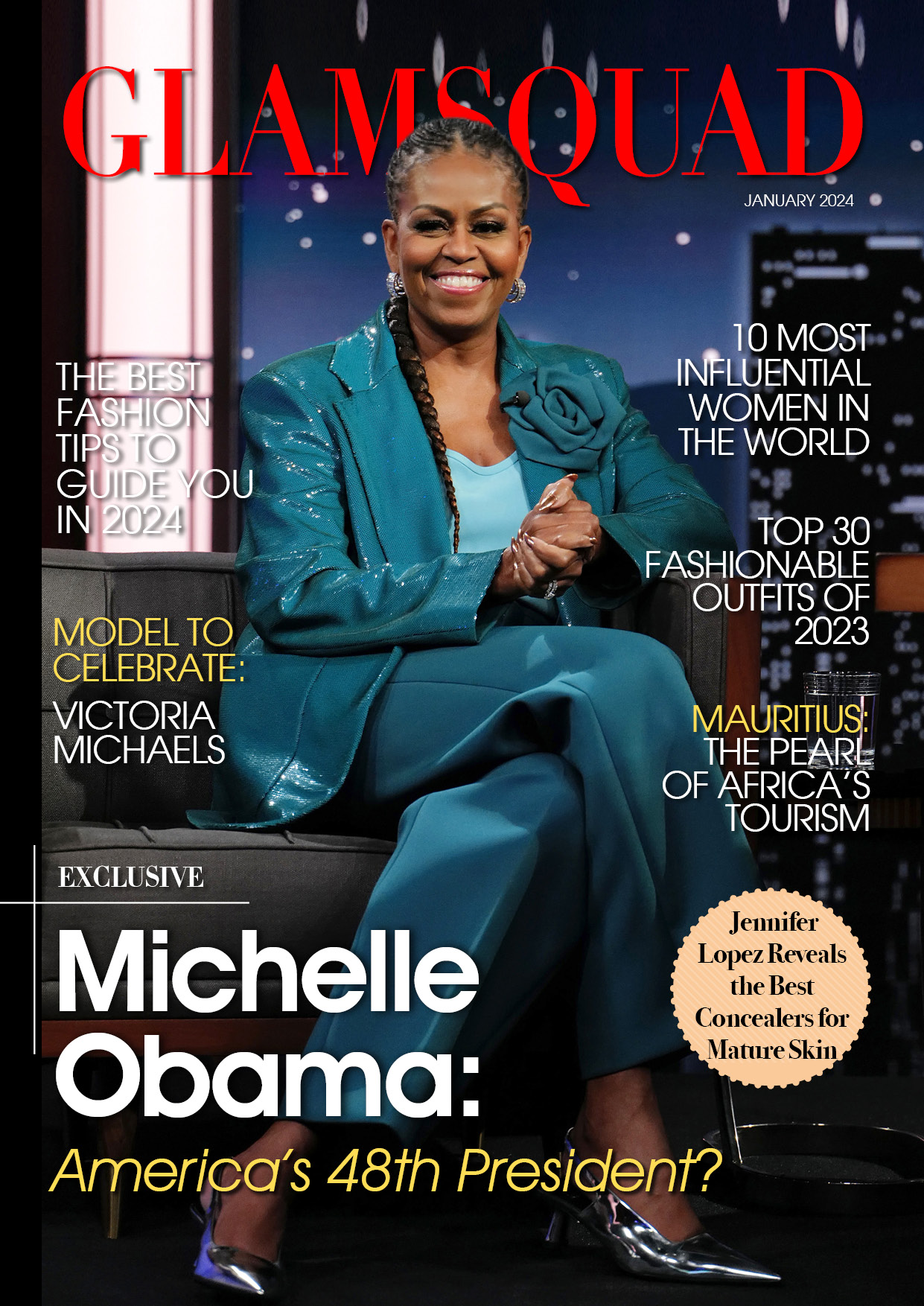There was much talk back in Nigeria, and even in Toronto, when the 2016 edition of Toronto International Film Festival (TIFF) got underway last week that selected and screened Nollywood films in the ‘City to City’ segment of TIFF would secure distribution deals.
In fact, some notable filmmakers, including Mahmood Ali-Balogun, Fred Amata and Peace Anyiam-Osigwe, who attended the 10-day festival, had picked critically acclaimed movies like Izu Ojukwu’s ‘76, Niyi Akinmolayan’s Arbitration and 93 Days by Steve Gukas as movies that would easily secure the all-important international distribution deals.
“These movies, and I dare say, all the movies on the ‘City to City’ slate have potentials to be picked up by major distributors that will be attracted to festival,” Anyiam-Osigwe said shortly before the start of the festival.
However, apart from what was roundly described as a landmark distribution and sales prospecting deal that Ojukwu’s ‘76secured, no deals emerged for any of the other Nollywood titles at the close of festival.
Even the deal, which the producers of ‘76 entered with a U.S.-based sales and marketing company, was predicated on a successful world premiere of the movie. Indeed, there was excitement, when Shoreline Entertainment announced its interest to pick up the well-made movie, about the failed Nigeria military coup of 1976, for sales and distribution possibilities. An elated Executive Producer of the movie, Mr. Tonye Princewill, stated shortly after the distribution deal was entered, that the deal was an affirmation that African content is reaching further. Although details of the deal are still sketchy, an insider revealed that Shoreline Entertainment, Adonis Production and Princewill Trust settled for a two-year exclusive distribution deal.
“It is a sign of more things to come,” Princewill said. The movie was screened twice after its premiere, but there was no news of any major acquisition of the title in the territory that Shorelines controls. Shoreline Entertainment and the producers would have to look elsewhere for acquisition opportunities. The same thing would apply to the other movies on the ‘City to City’ slate. Only Mr. Kunle Afolayan’s CEO privately screened to sales agents and distributors during the course of the festival.
Although some observers say acquisition was generally very low because of the global economic crunch, some informed stakeholders have pointed to the lack of understanding of how films are marketed on a global level as reason why Nollywood titles at TIFF could not rise to any appreciable level.
“I only heard about some of your titles when TIFF announced the selection in August,” said Gary Tukson, an expert in film distribution. “That is late for any film that wants to grab any good deal at an important festival like TIFF.”
He observed that Nollywood films to TIFF did not get enough promotion and so it made it difficult for distributors to have an idea of the potential of the movies before they were screened at TIFF.
He added, “You begin with hiring a publicist and then setting up a strong conventional and unconventional media campaign well ahead of the start of the festival to market and promote the films. I find that missing with a lot of Nollywood titles. I mean, there were eight films in all but I managed to see only two and that was because someone reached out to me to see them for distribution consideration. That is how it is done”.
But in terms of reception, all Nollywood films – ‘76, Okafor’s Law, Wedding Party, Oko Ashewo, Arbitration, Green White Green, Just Not Married, 93 Days – on the ‘City to City’ slate were well received. They screened most times to a full hall and got lots of reviews even though some of the reviews were dismissive, almost suggesting that Nollywood was still at an amateur end of movie production, quickly and cheaply made movies with rough edges, less attention to details and no concern for technical and affective quality in storytelling.
But generally, moviegoers acknowledged that the ‘City-to-City’ spotlight brought together some of Nollywood’s most popular filmmakers. They also acknowledged that the programme, which showcases filmmakers living and working in a selected city, regardless of where their films are set, threw up filmmakers with new voices and those that are introducing an alternative, bold, daring and dynamic indie spirit to Nigerian cinema. Importantly, the festival provided opportunity for Nollywood filmmakers to showcase their works to an audience that is largely unfamiliar with Nigerian cinema and also to engage with buyers and explore future collaborative opportunities.
– Shaibu Husseini











